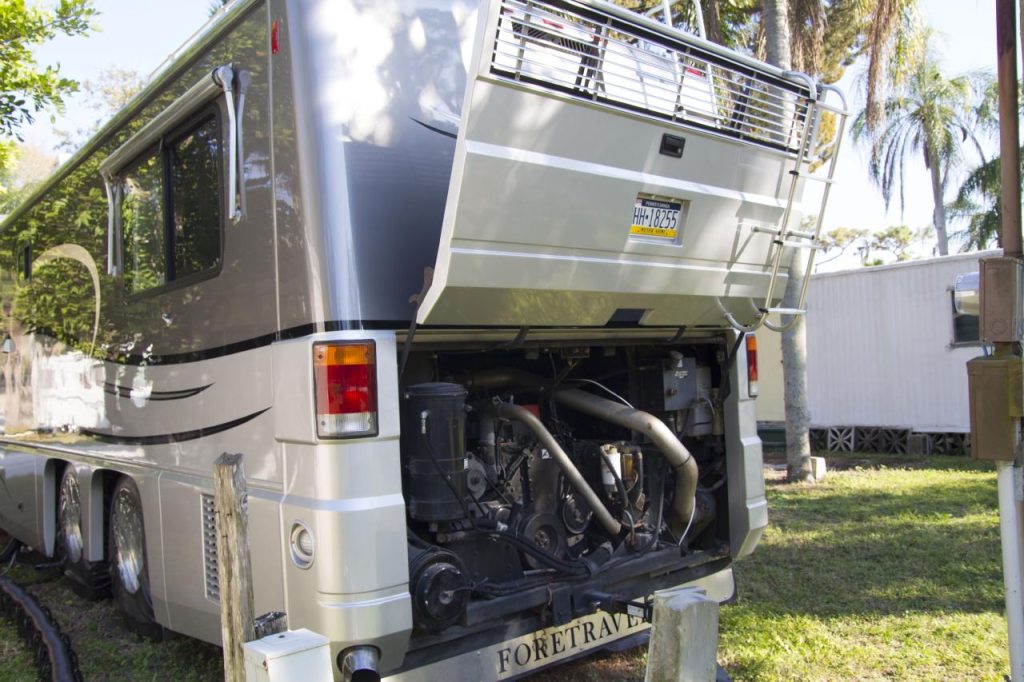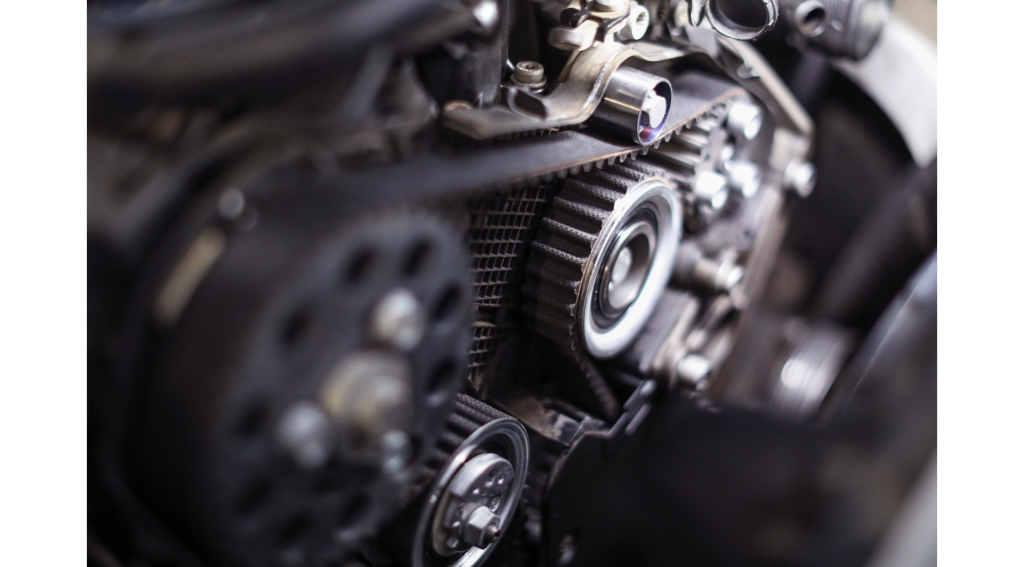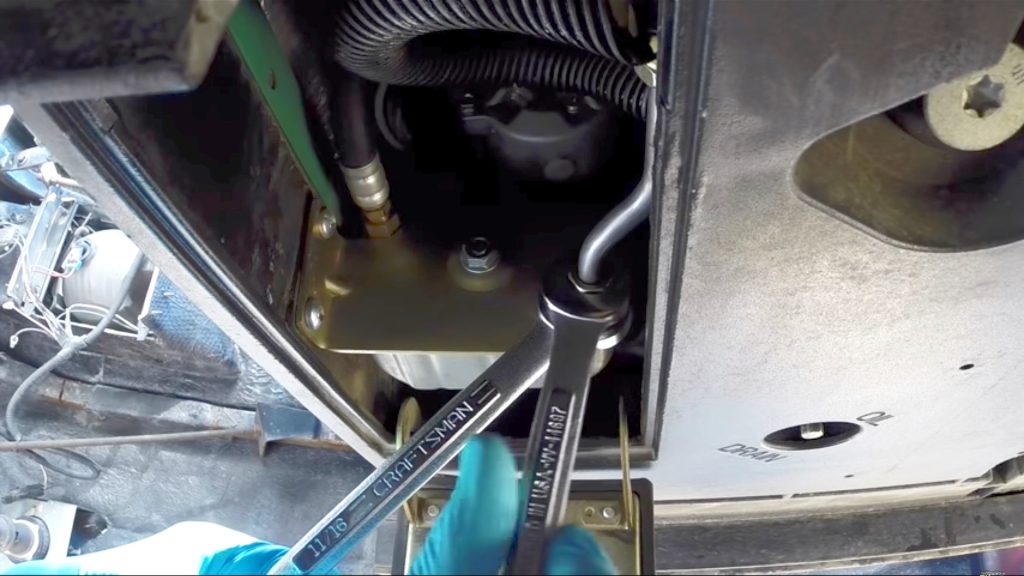
Don’t let engine troubles put a halt to your RV adventure. In this article, you’ll find expert tips and step-by-step procedures for repairing your RV engine.
We’ll cover the common signs of trouble, routine checks to prevent issues, and troubleshooting common problems.
With the right tools and safety precautions, you can quickly tackle the repairs and get back on the road.
And if you ever need professional help, we’ll guide you on when to seek it.
Keep your adventure rolling with our RV engine repair tips.
Types of RV Engines
There are two main types of RV engines: gas and diesel.
When choosing between gas and diesel, it’s important to consider your specific needs. Gas engines are generally less expensive and have a lower upfront cost. They are also easier to maintain and find parts for.
On the other hand, diesel engines offer more power and torque, making them ideal for towing heavy loads. They are also more fuel-efficient, saving you money in the long run.
Another factor to consider is engine size. Smaller engines are better for lighter RVs, while larger engines are necessary for bigger rigs.
Remember to regularly maintain your RV engine by checking oil levels, changing filters, and scheduling routine inspections. This will help ensure your engine runs smoothly and efficiently throughout your adventures.
Tools and Safety Precautions
Ensure you have the necessary tools and take the appropriate safety precautions when working on your RV engine. Tool maintenance is crucial to ensure smooth repairs. Keep your tools clean, lubricated, and organized to avoid any mishaps during emergency repairs.
Having the right safety gear before diving into the engine is also important. Wear protective gloves, safety glasses, and closed-toe shoes to protect yourself from accidents. Additionally, ensure a fire extinguisher is nearby in case of any unexpected fires.
Always disconnect the battery before working on the engine to prevent any electrical mishaps. By following these safety precautions and maintaining your tools properly, you can confidently tackle any RV engine repairs that come your way.
Common Signs of Engine Trouble

If you notice strange noises or a decrease in performance, it’s time to take a closer look at your engine for potential trouble. Regular engine maintenance is crucial to keep your RV running smoothly and avoid costly repairs.
One of the key aspects of engine maintenance is performing engine diagnostics. This involves using specialized tools to scan your engine’s computer system and identify any potential issues. By monitoring your engine’s performance, you can catch problems early on and address them before they worsen.
Engine diagnostics can help pinpoint the root cause of engine trouble, whether it’s a faulty sensor, clogged fuel injector, or a worn-out component. You can ensure a safer and more reliable RV journey by staying proactive and regularly checking your engine’s performance.
Routine Engine Checks
To keep your engine running smoothly, regularly perform routine engine checks.
Engine maintenance is crucial for ensuring optimal engine performance and preventing any potential issues that may arise.
By conducting regular engine diagnostics, you can identify any potential problems before they become major repairs.
Checking the oil level and quality, inspecting the air filter, and examining the spark plugs are all important aspects of routine engine checks.
These simple tasks can help you detect signs of wear and tear, allowing you to address them promptly.
Regular engine checks can also improve fuel efficiency and extend your engine’s lifespan.
Troubleshooting Common Engine Problems
Regular engine checks can help troubleshoot common issues and keep the engine running smoothly. It’s important to know common engine issues and how to diagnose them.
One common issue is a misfiring engine, which factors like a faulty spark plug or fuel injector can cause. Another problem is overheating, which can be caused by a malfunctioning thermostat or low coolant levels.
To diagnose engine problems, check for warning lights on the dashboard and listen for unusual noises. Perform a visual inspection of the engine for leaks or loose components.
Step-by-Step Repair Procedures

Following the step-by-step repair procedures can help you effectively troubleshoot and fix common engine problems. Regarding engine maintenance, it’s important to have a good understanding of repair techniques and engine diagnostics.
First, start by identifying the issue and gathering all the necessary tools. Then, refer to the manual or online resources to find the specific repair procedure for your engine. Take your time and follow each step carefully, ensuring that you complete all the necessary tasks. Remember to use proper safety precautions and wear protective gear.
Additionally, it’s helpful to keep track of your progress and take notes along the way. Following the step-by-step repair procedures, you can confidently tackle engine problems and keep your RV running smoothly on your next adventure.
When to Seek Professional Help
Now that you have learned the step-by-step repair procedures for your RV engine, it is important to know when to seek professional help.
While DIY repairs can save you money and give you a sense of accomplishment, there are certain emergencies where it is best to leave it to the experts.
If you find yourself in a situation where you are not confident in your abilities or if the repair involves complex electrical or mechanical systems, it is wise to call a professional.
Additionally, cost considerations should also be taken into account. In some cases, the cost of purchasing specialized tools or parts may outweigh the benefits of attempting the repair yourself.
Ultimately, your RV’s safety and proper functioning should be the top priority, so don’t hesitate to seek professional help when needed.
Preventative Maintenance
If you want to avoid costly breakdowns and extend the lifespan of your RV, it’s important to prioritize preventative maintenance. Taking care of your RV’s engine is essential to this maintenance routine.
Regular engine maintenance and care can help you catch any potential issues before they become major problems. Make sure to schedule routine engine inspections to ensure everything is running smoothly. During these inspections, a professional will check for any signs of wear and tear, leaks, or other issues that may require immediate attention.
Conclusion: Drive Your RV with Confidence
So there you have it, adventurer! With these expert tips for RV engine repair, you can ensure that engine troubles never stall your journey.
By familiarizing yourself with the different types of RV engines, using the right tools and safety precautions, and staying vigilant with routine checks, you can troubleshoot and repair common engine problems step-by-step.
However, remember that there may be times when seeking professional help is necessary.
And don’t forget, regular preventative maintenance is key to keeping your RV engine running smoothly on all your future adventures.
Happy travels!